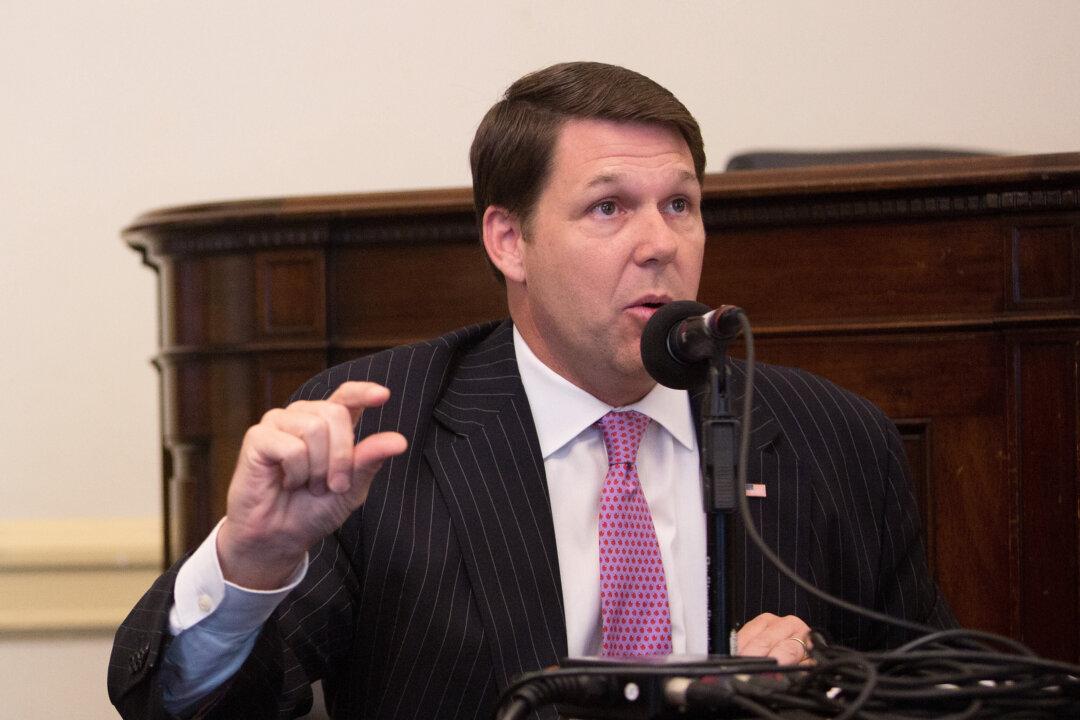The U.S. is in “terrible shape” financially and is “flying blind in mountains of debt” that will cause future generations to “reap the whirlwind of an irreparable economic disaster” unless immediate action is taken, according to some witnesses and members of the House Budget Committee.
Witnesses testifying at the March 29 hearing on the country’s financial outlook uniformly recommended cutting the size of the federal budget deficit and reducing the national debt, which has reached $31.4 trillion, the largest dollar amount in history and the largest percentage of the nation’s gross domestic product since World War II.





